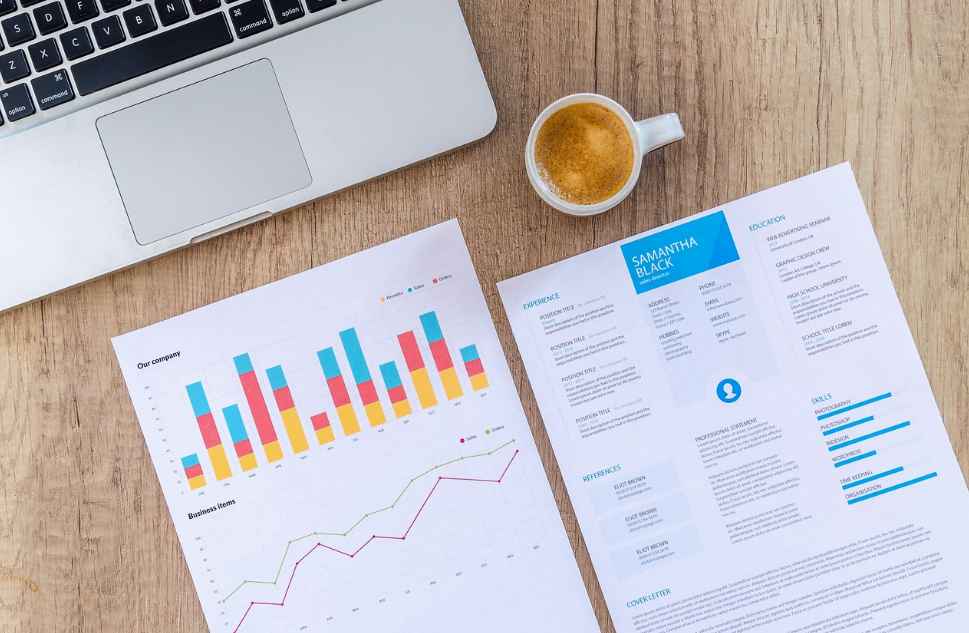What is personal finance?
Personal finance is managing your money to achieve your financial goals. It includes tasks such as budgeting, saving, investing, and spending. Personal finance is important because it can help you achieve your financial goals, such as buying a home, retiring comfortably, or starting a business.
Why is personal finance important?
There are many reasons why personal finance is important. Here are a few:
- To achieve your financial goals. Everyone has different financial goals, such as buying a home, retiring comfortably, or starting a business. Personal finance can help you develop a plan to achieve your financial goals.
- To avoid debt. Debt can be a financial burden, making it challenging to achieve your financial goals. Personal finance can help you avoid debt by teaching you how to budget and spend your money wisely.
- To build wealth. Building wealth takes time and effort, but it is possible with careful planning and management of your money. Personal finance can help you build wealth by teaching you how to save and invest your money.
- To have financial security. Financial security means having enough money to meet your needs and weather unexpected financial setbacks. Personal finance can help you achieve financial security by teaching you how to budget, save, and invest your money.
How to Get Started with Personal Finance
If you are new to personal finance, the first step is to get organized. Gather all of your financial statements, such as bank statements, credit card statements, and investment statements. Once you have all of your financial information in one place, you can start to assess your financial situation.
The next step is to create a budget. A budget is a plan for how you will spend your money each month. A budget can help you track your spending and make sure that you are not spending more money than you earn.
Once you have a budget, you can start to set financial goals. What do you want to achieve with your money? Do you want to save for a down payment on a house? Retire comfortably? Start a business. Once you know what your financial goals are, you can start to develop a plan to achieve them.
Common Personal Finance Mistakes
Here are some common personal finance mistakes that you should avoid:
- Not having a budget. A budget is essential for managing your money effectively. Without a budget, it is easy to overspend and get into debt.
- Living beyond your means It is important to spend less money than you earn. If you are spending more money than you earn, you will eventually go into debt.
- Not saving enough money. It is important to save money for unexpected expenses and your financial goals. A good rule of thumb is to save at least 10% of your income each month.
- Not investing your money. Investing is the best way to grow your wealth over time. If you are not investing your money, you are missing out on the opportunity to grow your wealth.
- Having too much debt. Debt can be a financial burden, making it difficult to achieve your financial goals. If you have too much debt, you should make a plan to pay it off as quickly as possible.
Frequently Asked Questions about Personal Finance
Q: What is the best way to save money?
There are many different ways to save money. Here are a few tips:
- Create a budget. A budget will help you track your spending and make sure that you are not spending more money than you earn.
- Set financial goals. Once you know what you are saving for, it will be easier to stay motivated.
- Automate your savings. Set up a recurring transfer from your checking account to your savings account each month. This way, you will save money without even having to think about it.
- Cut back on unnecessary expenses. Take a close look at your budget and see where you can cut back on unnecessary expenses. Even small cuts can add up over time.
Q: What is the best way to invest my money?
There is no one-size-fits-all answer to this question. The best way to invest your money will depend on your financial goals, risk tolerance, and time horizon. However, here are a few general tips:
- Start early. The earlier you start investing, the more time your money has to grow.
- Invest regularly. Invest a small amount of money regularly, such as each month or each paycheck. This is called dollar-cost averaging, and it can help you reduce your risk and maximize your returns over time.
- Diversify your portfolio. Don’t put all your eggs in
Conclusion
Personal finance is an essential life skill, but it can be daunting for beginners. This comprehensive guide covers all the basics of personal finance, from budgeting and saving to investing and debt management. With this guide in hand, you’ll be well on your way to achieving your financial goals and achieving financial freedom.






